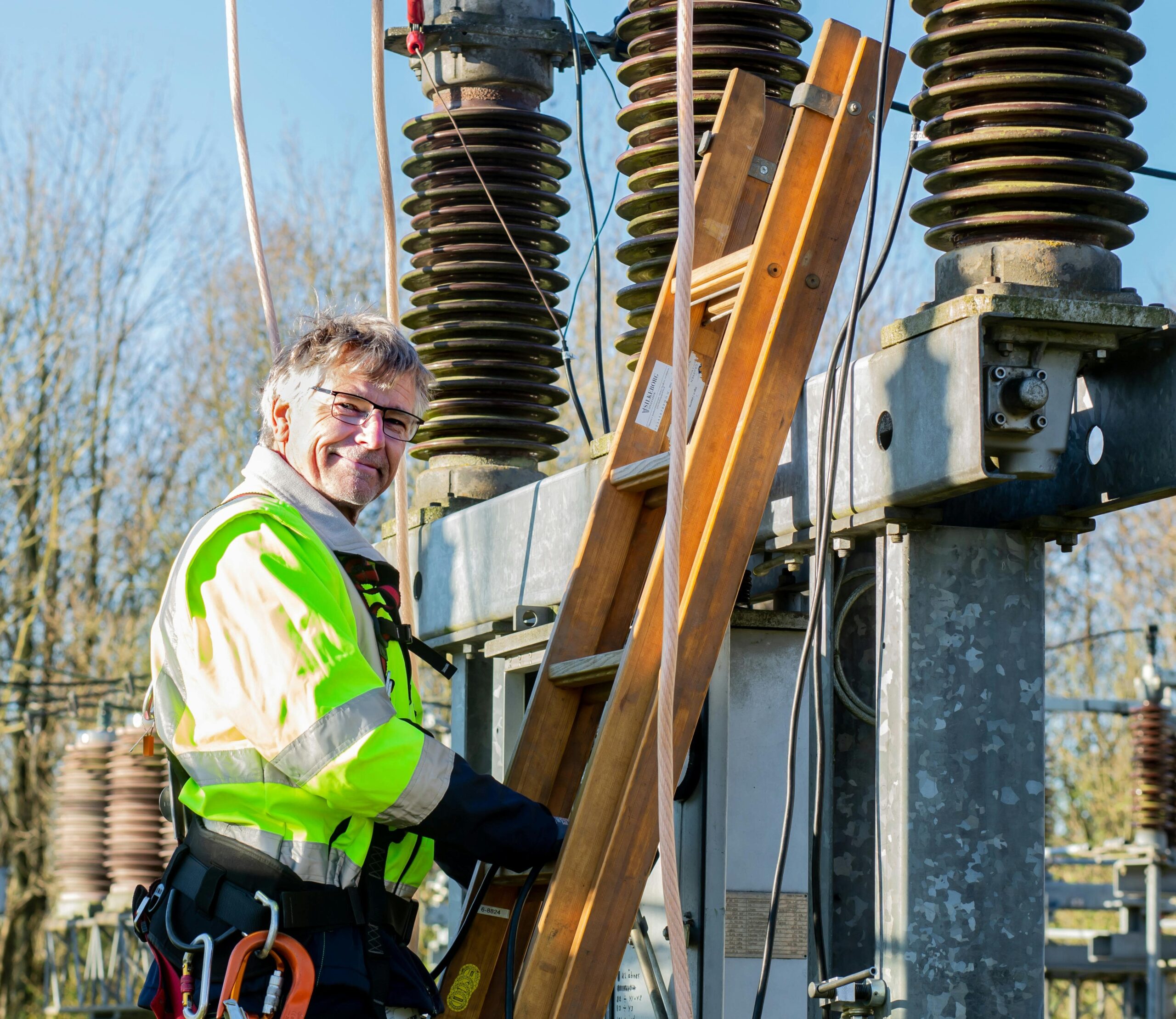Carpentry is an essential trade in New Zealand that significantly impacts the construction industry. Carpenters’ earning potential varies widely, influenced by their level of expertise, the type of work they undertake and the region they operate in. This article examines New Zealand trends in apprentice carpenter wages, experienced professionals’ earnings and the overall carpenter income landscape.
Salary Ranges for Carpenters
- New Carpenters: Normally, new carpenters are paid between $23.25 and $25 per hour. This entry-level pay reflects their initial skills and the learning curve associated with the trade.
- Experienced Carpenters: The wages for those with more experience vary between $29 and $41 an hour, depending on their level of skills and knowledge.
- Average Annual Salary: The average annual salary for carpenters in New Zealand ranges from $65,000 to $75,000, which translates to a consistent income for skilled professionals in the industry.
Average Salaries by City
| City | Average Hourly Rate (NZD) | Average Annual Salary (NZD) |
| Auckland | $29.80 | $61,904 |
| Wellington | $31.89 | $62,872 |
| Christchurch | $31.07 | $64,580 |
| Dunedin | $30.00 | $62,400 |
| Hamilton | $30.00 | $66,560 |
Different roles within carpentry also have varying pay scales
- Carpenter Foreman: Approximately $36.11 per hour
- Lead Carpenter: Around $45.27 per hour
What Carpenters Do
Carpenters are skilled craftsmen who bring architectural visions to life through diverse tasks. Their tasks include:
- Studying building plans and architectural drawings
- Selecting appropriate building materials, balancing durability and aesthetics.
- Measuring and cutting materials accurately
- Constructing building frames and installing cladding
- Installing windows, staircases and doors
- Renovating and repairing older structures
Skills Required for Carpentry
To succeed in carpentry, individuals should possess:
- Strong building and carpentry skills
- Knowledge of building methods and materials
- Basic mathematical skills
- Ability to interpret architectural drawings
- Proficiency in using and maintaining tools
- Understanding of building codes and safety regulations
Entry Requirements for Carpentry
There are no academic requirements or prerequisites to becoming a carpenter; however, having an appropriate technical education is usually desirable to most employers. If one wanted to become a qualified carpenter:
- Complete an apprenticeship.
- Obtain a New Zealand Certificate in Carpentry (Level 4), overseen by the Building and Construction Industry Training Organisation (BCITO).
Useful Experience for Carpenters
Having prior experience can significantly enhance a carpenter’s skill set and employability. Useful experiences include:
- Draughting
- Woodwork
- Labouring on construction sites
- Other building trade experiences
Registration Requirements
A Licensed Building Practitioner (LBP) must do or oversee specific building works. Individuals must demonstrate sufficient experience and possess appropriate qualifications to obtain this license.
Overview of Carpentry Apprenticeships
Apprenticeship Structure: Carpentry apprenticeships generally last 3 to 4 years and are provided by organisations like the Building and Construction Industry Training Organisation (BCITO). During this period, apprentices train to receive their New Zealand Certificate in Carpentry Level 4.
Entry Requirements: No requirements are necessary for an apprenticeship, but good mathematics and English are desirable. Several employers require workers to have completed pre-trade training or have prior working experience in construction or carpentry.
Training and Learning: Apprentices receive on-the-job training complemented by theoretical instruction from BCITO or other training institutions. The curriculum covers essential topics such as:
- Types of buildings
- Tools and materials used in carpentry
- Relevant legislation
- Practical construction techniques
Apprentice Carpenter Wages
The starting point for many carpenters is as an apprentice. The apprentice carpenter’s salary can vary significantly:
- Minimum Wage: Apprentices may start on the training minimum wage of NZD 18.52 or at the standard minimum wage of NZD 23.15.
- Average Pay: As of 2024, the average hourly pay for a carpenter apprentice is approximately NZD 22.98. Pay rates increase as apprentices gain skills and complete unit standards.
What Do Carpenter Apprentices Do?
Carpenter apprentices engage in a variety of tasks that help them learn the trade effectively:
- Assisting experienced carpenters on job sites.
- Learning to use tools and materials essential for carpentry.
- Gaining exposure to different aspects of construction and building projects.
- Working hours typically range from early morning to evening, depending on project deadlines.
Overall, carpentry offers a promising career path in New Zealand with competitive salaries that reflect skill level, experience and location. As the demand for skilled tradespeople grows, apprentices and experienced carpenters can expect rewarding opportunities within this essential industry.


